Japan’s sake brewing tradition spans centuries, with some breweries operating for hundreds of years, preserving artisanal methods passed down through generations. They are more than just producers of rice wine—they are cultural institutions that embody the history, craftsmanship, and spirit of Japan. From small, family-run operations to internationally renowned names, each has its own unique story and contribution to the art of sake-making. This article explores some of Japan’s oldest and most iconic sake breweries, highlighting their rich heritage, exceptional products, and enduring legacy in the world of sake.
Hakkaisan Brewery
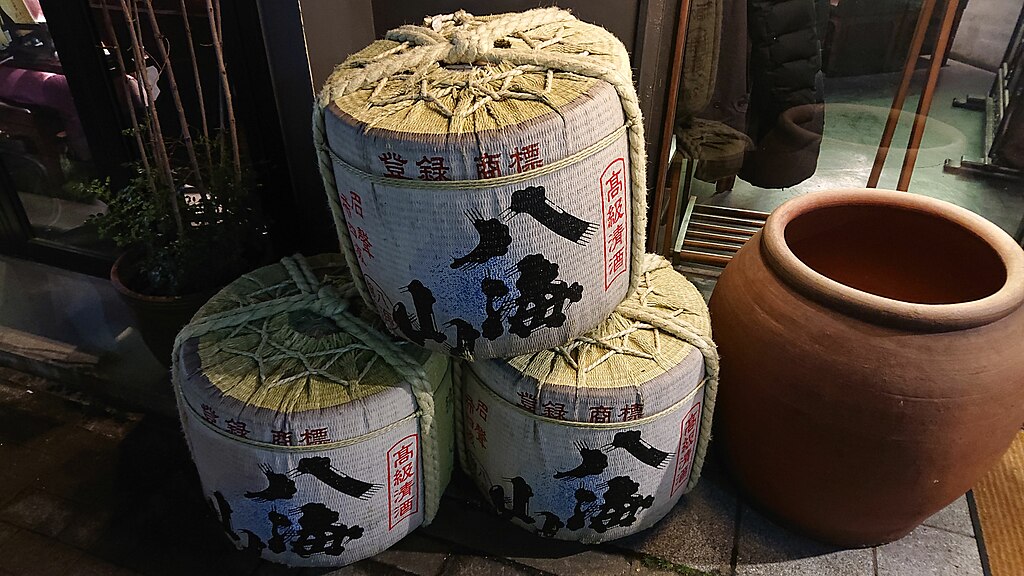
Founded in 1922 in Minamiuonuma, Niigata Prefecture, Hakkaisan Brewery is named after the sacred Mount Hakkai, whose melting snow provides pure water for brewing. Known for producing sake with a crisp and clean taste, it has become a favorite among sake enthusiasts in Japan and internationally. Its flagship product, “Hakkaisan Tokubetsu Junmai,” exemplifies the brewery’s commitment to precision and balance in sake-making. It employs traditional brewing methods alongside cutting-edge technology to ensure consistency and high quality across its product line. It places a strong emphasis on education, offering sake-making workshops and guided tours to share its philosophy with the public. Sustainability is also a priority, with efforts to minimize environmental impact through efficient resource use. It continues to innovate while staying true to its roots in the snowy mountains of Niigata.
Saiya Brewery
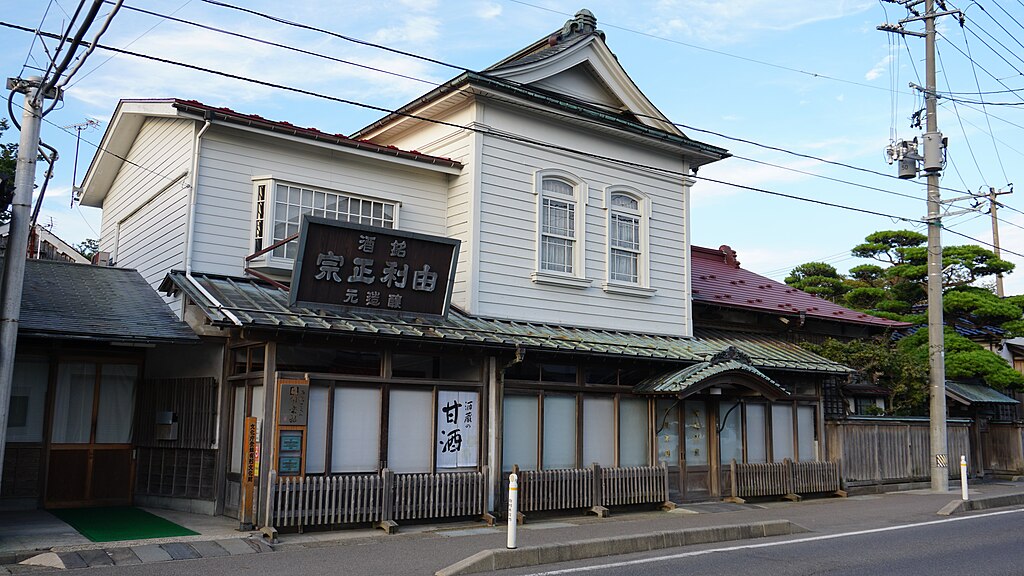
Saiya Brewery, established in 1902 in Akita Prefecture, is renowned for its organic sake production and adherence to natural brewing methods. Its most famous sake, “Yuki no Bosha,” is praised for its smooth texture and fruity aroma, reflecting the brewery’s artisanal craftsmanship. It uses locally grown organic rice and pristine spring water from Akita’s abundant natural resources, ensuring the highest quality in every bottle. It is committed to sustainability, with practices such as using renewable energy and recycling brewing by-products. Its dedication to organic production has earned it numerous accolades, including gold medals at international sake competitions. Its small-scale, hands-on approach allows for meticulous attention to detail, preserving the integrity of its traditional brewing techniques. It actively engages with the community, offering tastings and events to educate people about the art of sake brewing.
Dewazakura Sake Brewery
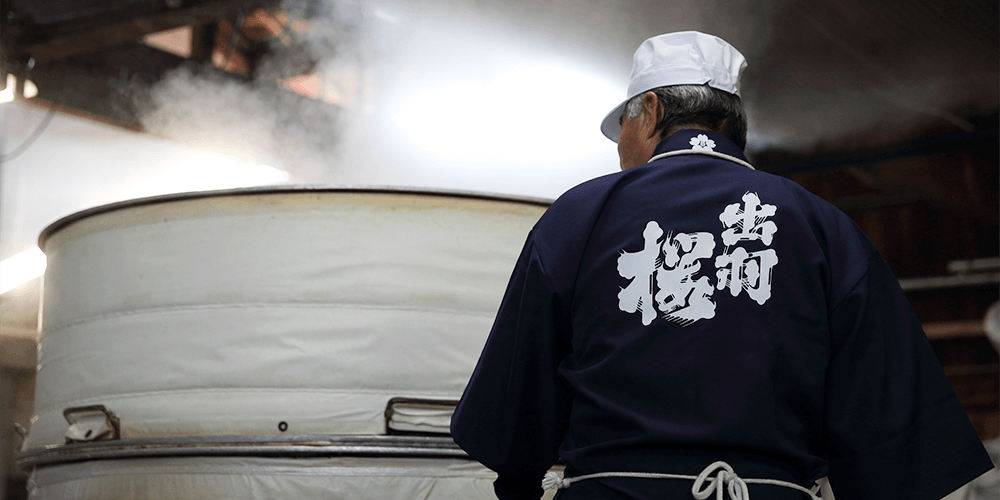
Dewazakura Sake Brewery, founded in 1892 in Yamagata Prefecture, is known for its contributions to the development of ginjo-style sake, characterized by its fragrant aroma and light flavor. Located in the mountainous region of Tendo, it benefits from cold winters that are ideal for slow fermentation processes. Its iconic sake, “Oka Ginjo,” introduced in 1981, is credited with popularizing ginjo sake and remains a best-seller to this day. The brewery is dedicated to preserving traditional brewing techniques while continually innovating to create unique and flavorful sake. Its commitment to quality has earned it numerous awards in national and international competitions. It actively engages in sustainable practices, including efficient water usage and recycling by-products from brewing. It also offers tours, allowing visitors to learn about its history and taste its renowned products.
Takashimizu Brewery

Takashimizu Brewery, established in 1852 in Akita Prefecture, is a cooperative brewery formed by merging several smaller breweries in the region. Its location in Akita City provides access to exceptional brewing water sourced from local springs, known for its softness and purity. It produces a wide range of sake, including “Takashimizu Junmai Daiginjo,” celebrated for its rich flavor and elegant aroma. It emphasizes collaboration, bringing together traditional techniques from its founding breweries while embracing modern technology to enhance quality. Its commitment to excellence has made it a leading sake producer in Akita, a region renowned for its sake culture. It also runs an educational center where visitors can learn about sake production and its role in Japanese history. Its dedication to community and quality has made it a symbol of Akita’s sake heritage.
Tamura Sake Brewery
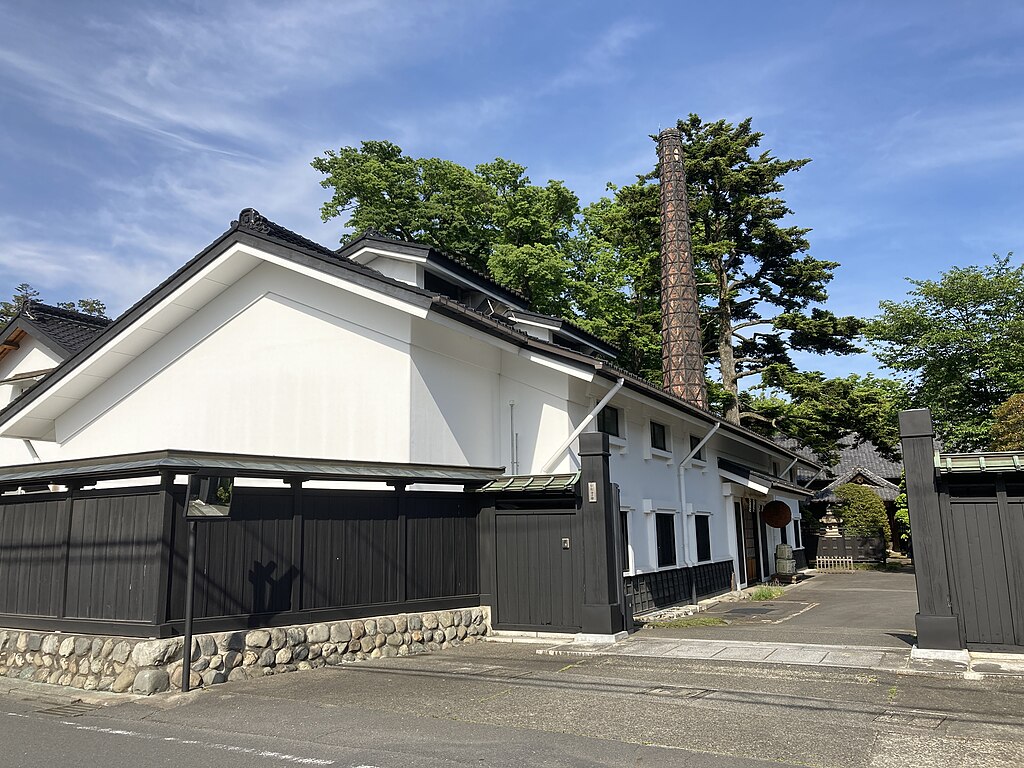
Founded in 1822 in Fussa, Tokyo, Tamura Sake Brewery is a family-run establishment with a history spanning nearly two centuries. Located in the Tama area, it benefits from the pristine waters of the Tama River, which are crucial for producing high-quality sake. Its flagship sake, “Kasen,” is revered for its smooth texture and refined flavor, reflecting its dedication to craftsmanship. It combines time-honored brewing methods with modern innovations to cater to evolving consumer preferences while preserving its heritage. It emphasizes sustainable practices, including sourcing local ingredients and minimizing waste in production. Visitors can explore the historic brewery and participate in tastings to experience the unique flavors it has cultivated over generations. Its commitment to quality and authenticity has made it a respected name in Tokyo’s sake brewing scene.
Hakutsuru Sake Brewing Co., Ltd.
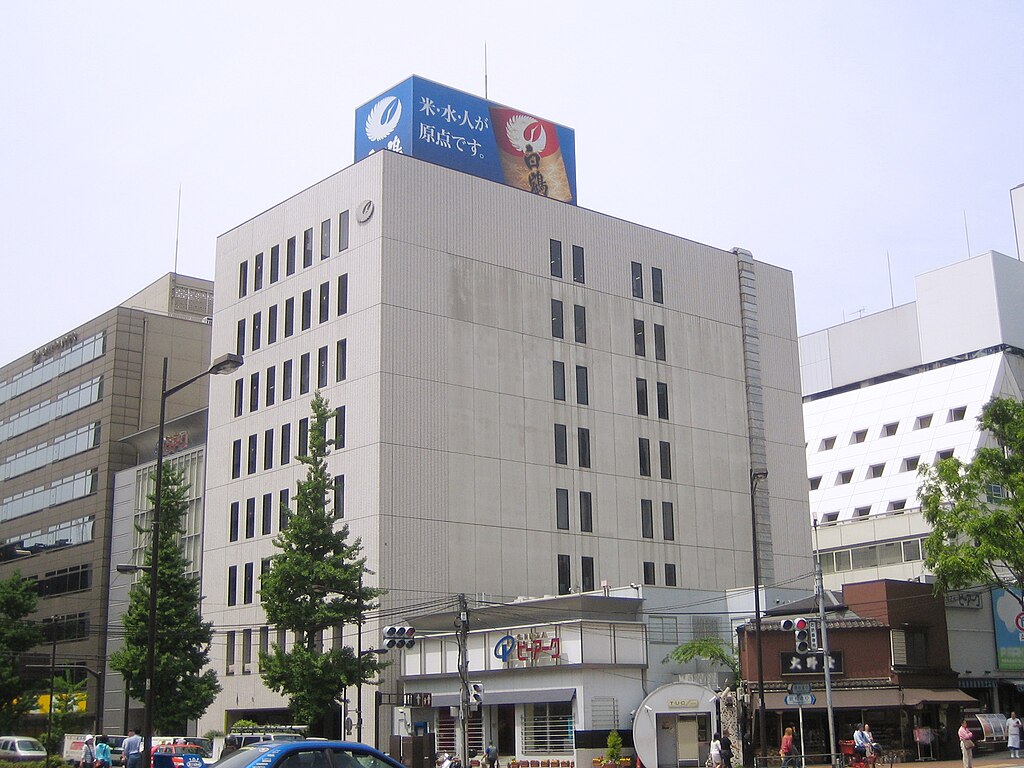
Hakutsuru Sake Brewing Co., Ltd., established in 1743, is another historic brewery based in the renowned Nada district of Kobe, Hyōgo Prefecture. The name “Hakutsuru,” meaning “white crane,” symbolizes longevity and purity, values reflected in the brewery’s sake. Its most famous product, “Hakutsuru Junmai Ginjo,” is celebrated for its smooth, well-balanced flavor and elegant aroma. It combines centuries-old methods with modern technology to produce a wide variety of sake, from premium junmai to sparkling sake aimed at younger audiences. It is deeply committed to sustainability, incorporating practices like recycling brewing by-products and using renewable energy. Its sake museum provides an engaging experience, showcasing traditional brewing tools, processes, and the history of sake. Its global outreach has made Its sake a staple in international markets, promoting Japanese culture worldwide.
Sawanotsuru Co., Ltd.

Established in 1717, Sawanotsuru is located in Nada-ku, Kobe, an area celebrated for its sake production due to favorable climate and water quality. Its name, meaning “crane of the swamp,” is derived from Japanese mythology, symbolizing longevity and good fortune. It produces a variety of sake, including its renowned “Zuicho,” which is prized for its delicate aroma and smooth flavor. It is committed to upholding traditional brewing methods, including the use of wooden fermentation tanks and handcrafted tools. It has also embraced modern techniques to ensure consistency and quality in its production. Its museum offers a glimpse into the history and artistry of sake brewing, attracting visitors from around the world. It continues to innovate while maintaining its deep respect for traditional Japanese sake culture.
Kiku-Masamune Sake Brewing Co., Ltd.

Established in 1659 in Kobe, Hyōgo Prefecture, Kiku-Masamune is a prominent brewery known for its crisp, dry sake, which has defined the “Nada style” of brewing. Its location in the Nada district provides access to superior brewing water and high-quality rice, essential for creating its distinctive sake. Its flagship product, “Kiku-Masamune Taru Sake,” is aged in cedar barrels, giving it a unique aroma and flavor profile. It has remained dedicated to traditional brewing methods, including the use of wooden tools and natural fermentation processes. It also operates a sake museum, allowing visitors to explore the history of the Nada region’s brewing culture. It has expanded its portfolio to include innovative sake products while maintaining the quality that has defined its legacy. Its focus on exporting sake globally has made Kiku-Masamune a respected name internationally.
Gekkeikan Sake Company

Founded in 1637 by Jiemon Ōkura, Gekkeikan is headquartered in Fushimi, Kyoto, a region renowned for its high-quality water sources ideal for sake brewing. The name “Gekkeikan,” meaning “laurel wreath,” symbolizes victory and excellence, reflecting the company’s commitment to quality. Over the centuries, it has expanded its operations, including establishing a subsidiary in Folsom, California, to cater to the American market. Its product range includes traditional sake, plum wine, and innovative offerings that appeal to a global audience. Its dedication to blending tradition with innovation has solidified its position as a leader in the sake industry. Its Fushimi Sake Village offers visitors an immersive experience into the world of sake, featuring tastings, brewing demonstrations, and cultural exhibits. It also invests in research and development, continually refining its brewing techniques to enhance flavor profiles and meet evolving consumer preferences.
Yoshinogawa Sake Brewery
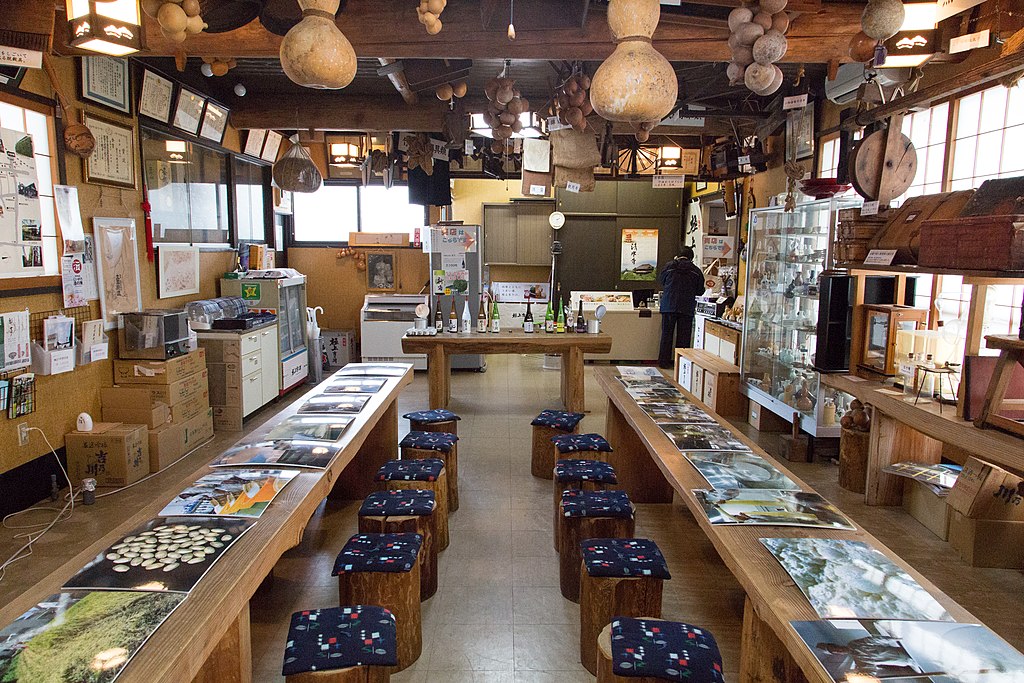
Founded in 1548 in Nagaoka, Niigata Prefecture, Yoshinogawa Sake Brewery is one of the oldest and most prestigious breweries in the region. Nestled in the heart of Niigata’s snowy landscape, it benefits from an abundant supply of soft, clean water, essential for brewing refined sake. It is particularly known for its “Gokujo Yoshinogawa,” a premium junmai ginjo sake that highlights the brewery’s dedication to precision and quality. Its brewing philosophy blends over 450 years of tradition with modern innovation to create sake that reflects the natural beauty of Niigata. It actively supports local rice farmers by using locally sourced rice varieties specifically grown for sake brewing. It also operates a museum showcasing its rich history and offers guided tastings to share its expertise with visitors. Sustainability is a cornerstone of its operations, with efforts to minimize waste and promote environmentally friendly practices.
This article originally appeared on Rarest.org.
More from Rarest.org
19 Most Elusive Classic Motorcycles Ever Made

Classic motorcycles have an undeniable allure, and some of them remain the ultimate trophies for collectors. Their scarcity, groundbreaking engineering, and cultural significance make them highly sought after. Read More.
10 Exotic Island Birds Found Nowhere Else on Earth

Islands are home to some of the most unique and fascinating birds on Earth, many of which can’t be found anywhere else. These exotic island birds have evolved in isolation, adapting to their specific environments, making them truly one-of-a-kind. Read More.
21 Magnificent Mammals with Unique Fur Patterns
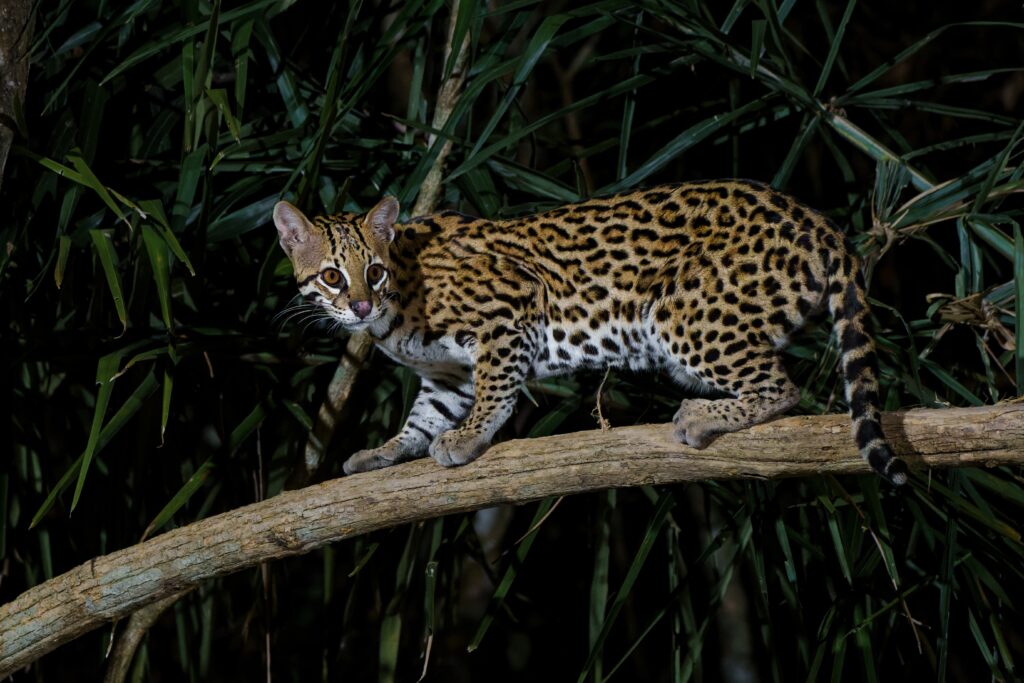
Nature’s creativity shines through the stunning fur patterns of certain mammals, making them stand out in their habitats. From stripes to spots, these unique designs help with camouflage, identity, and even temperature regulation. Read More.
